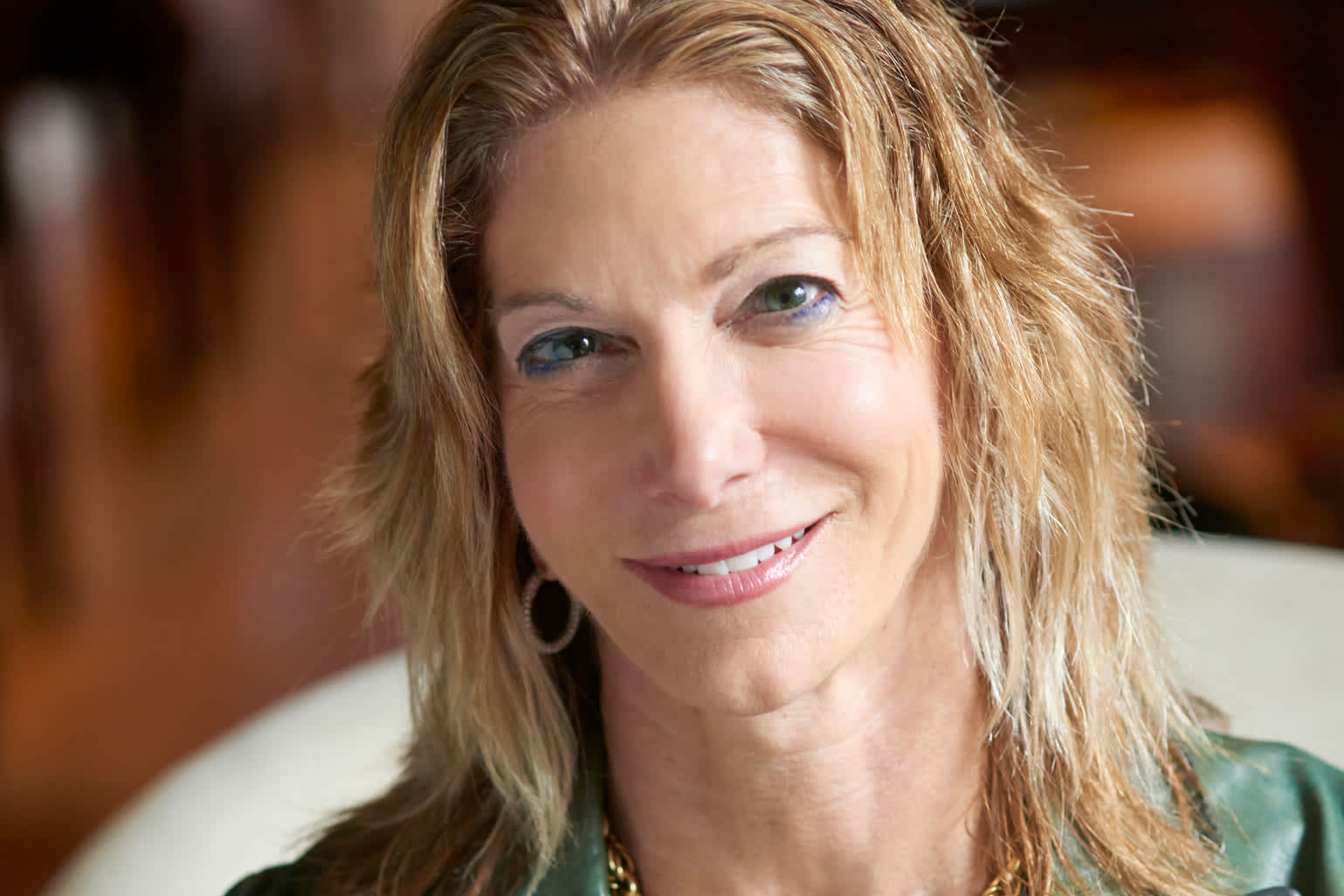(This story is part of the Weekend Brief edition of the Evening Brief newsletter. To sign up for CNBC’s Evening Brief, click here.)
Wall Street veteran Karen Firestone knows all too well that stock picking isn’t as easy as it used to be, but her decades of experience is serving her well.
Firestone runs a concentrated equity portfolio with only 35 stocks, which returned more than 30% this year, beating the S&P 500’s 25% gain.
She started out as an assistant fund manager to Peter Lynch in 1983 on Fidelity’s legendary Magellan Fund, which consistently more than doubled the S&P 500’s performance under his management. After a 22-year run at Fidelity, Firestone founded Aureus Asset Management, a wealth advisory firm that now manages over $1 billion of clients’ assets.
Having spent most of her life picking stocks, Firestone shared with CNBC her investing philosophy, her best and worst trades, as well as the biggest lesson learned in her career.
Here are 7Qs for Firestone:
1. Why do you only own 35 stocks?
“When I was at Fidelity, I never had a fund with so few names, maybe the least number I owned was 100. But in 2004 when we were thinking about what we wanted to do with Aureus, we came up with the number 30. If you had a 30-stock diversified portfolio, you would have 90% of the advantage of the diversification in the S&P 500. Now the number is 35 for various reasons including index funds being a market force.”
2. How often do you tweak your portfolio?
“Our average holding period is three years. We don’t have big turnover. We do so much work before coming up with one name. We are not going to get rid of it right away. We are very committed to our positions. If they go down, we buy more. If they go up a lot, we trim them back. We buy names that are very small market caps to the biggest. We never own more than 6% in a name. We rarely will have no presence in one of the major sectors. If you had no technology for example, that would be a pretty high risk strategy.”
3. What does your portfolio look like now?
“We are overweight financials but not big banks. We have an overweight in consumer discretionary. We have names like Charter Communications — that’s a domestic play. Sherwin-Williams is a big holding — that’s a play on consumer spending, household renovation and household income. Re/Max which is a real estate brokerage firm — that’s again a domestic play. Waste Connections — domestic again. We’ve had a bet that’s fairly U.S.-centric this year.”
4. Selling is just as important as buying. What makes a good sell signal?
“There are two things about selling. One is the more pleasant process. It’s hit your price target and then you raised the price target, and it hit that. And you’d have to say we are in the nose-bleed territory. We gotta sell here.
The one that’s less pleasant is when you buy a stock and they report earnings and they are disappointing. The stock’s down. And then you talk to the company and you look at the numbers. And you decide the market has overreacted — you don’t sell. And then you go through the next quarter and they disappoint again. So now you feel like you are wasting space on that stock. It’s gone down through a couple earnings periods and there’s probably another name that’s better. Then you’d have to be very clinical and say this is a mistake. You’d just have to get rid of it. That’s it.”
5. The biggest mistake you’ve made?
“Blackberry. We owned Blackberry years ago. We thought Blackberry had its market. Of course they were going to lose market share to Apple but they were going to stay in business. For a while, we did very well with it. And then the stock started going down and we bought more. And the stock kept going down and then at a certain point, we had to sell it. That was a very painful one. We should’ve seen that coming.”
6. The best trade?
“Visa is a stock we bought years ago. We’ve owned it for five or six years. After the financial crisis, there was an enormous dislocation in financial services and spending and travel, it was just unclear what was going to happen. That was a name we really felt confident that they understood that the world was moving towards cashless payment. It’s still our largest single position.
We’ve owned Facebook for years. It’s a name that we have not been out of. A lot of people sold their Facebook when they’d gone through the scandal. When the stock’d gone down, last December we bought some more Facebook.
Costco was one of our best-performing stocks. We sold it recently. We definitely had a triple in Costco.”
7. What’s the biggest lesson you’ve learned?
“There’s a price at which every stock is attractive to buy and every stock is attractive to sell. Nothing is sacred on either side. I learned that when I was very young at Fidelity — you just don’t fall in love with your stocks. It’s just a ticker and a name on the screen.”
